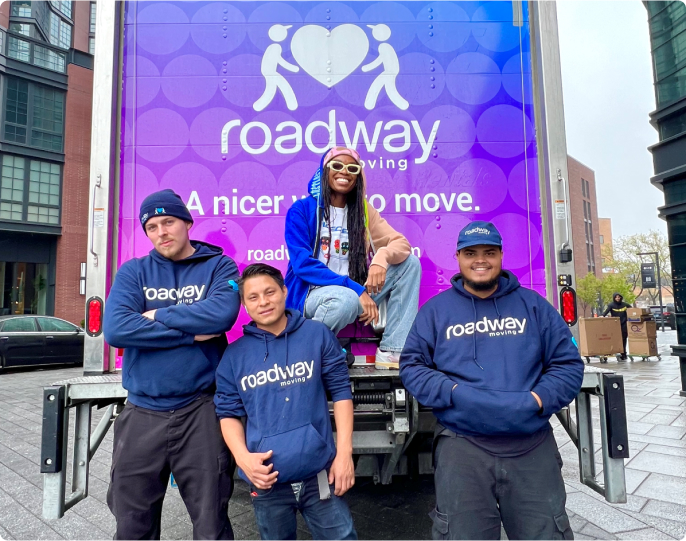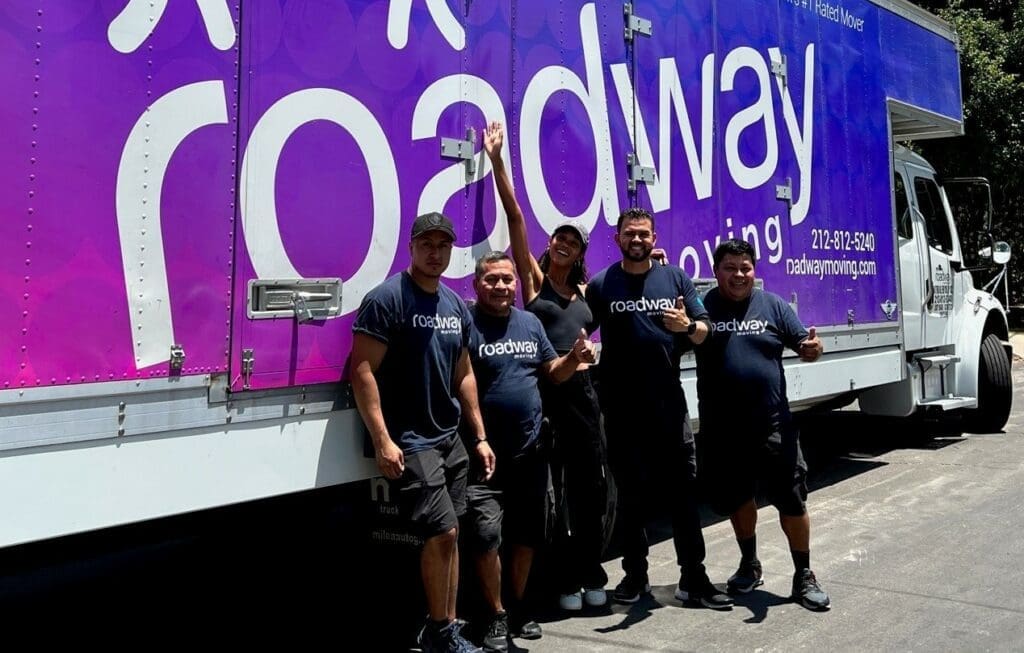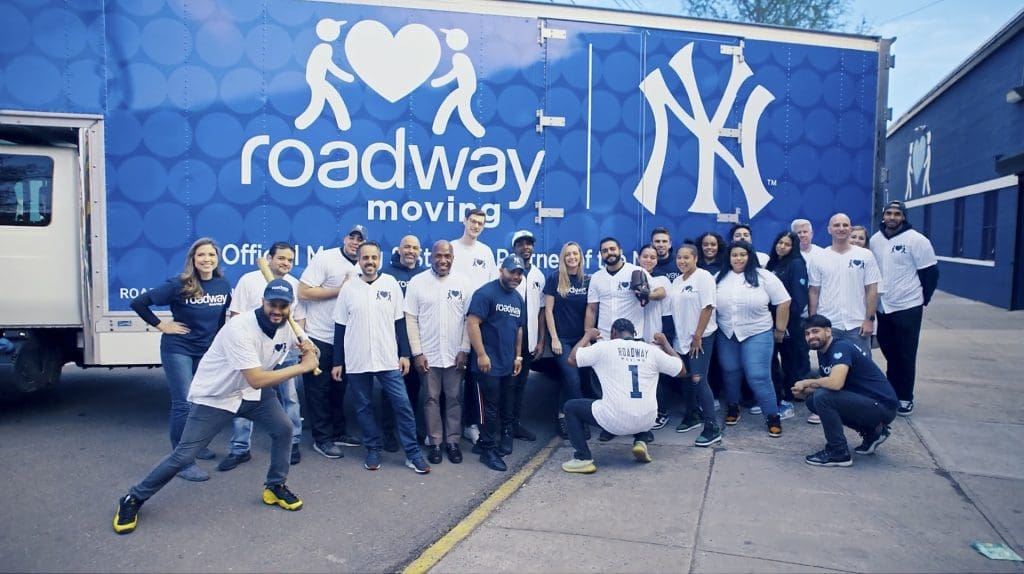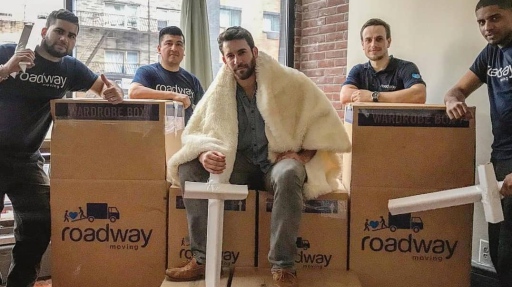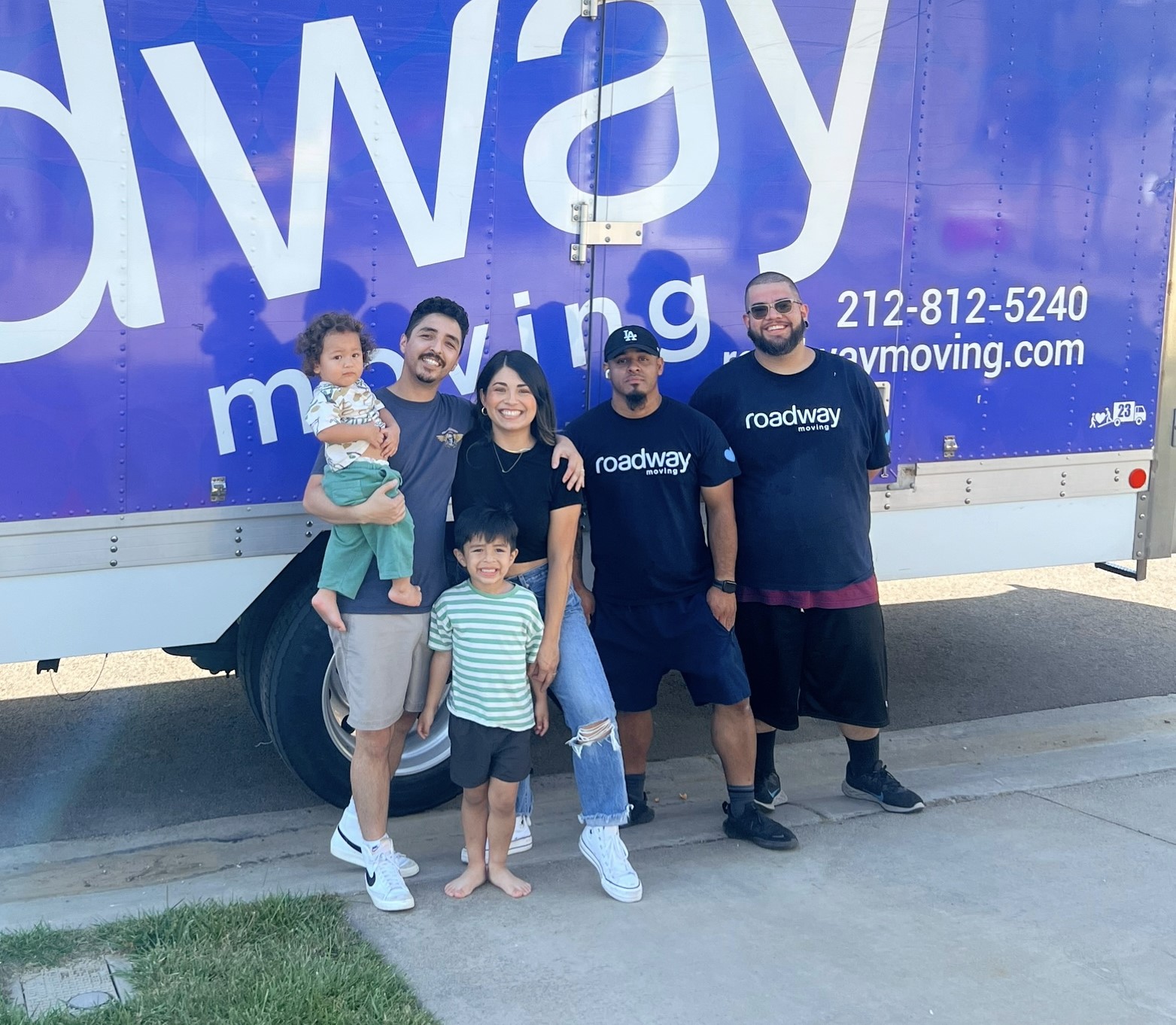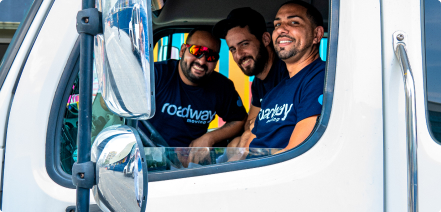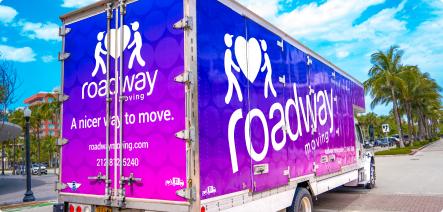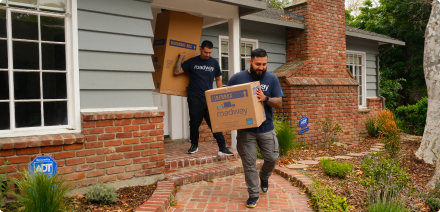certificate of insurance (coi)
Certificate of insurance personal guide.
To prioritize transparency and safeguard our clients’ interests, we provide a Certificate of Insurance for moving as proof of our quality service and coverage.
Request your COI by filling out the form below.



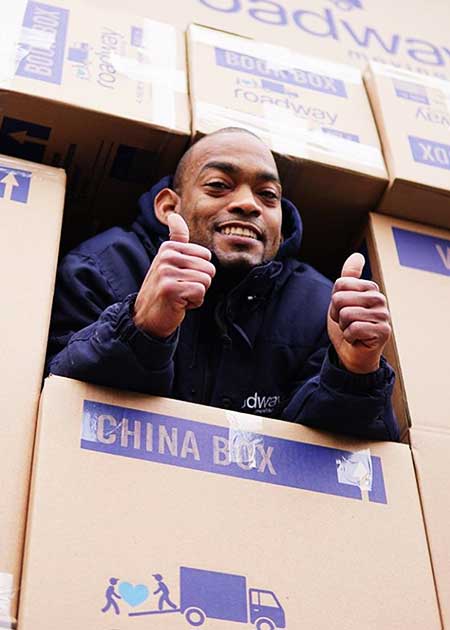
certificate of insurance (coi) FAQs
Why COI matters, discovering the essentials and answering your questions.
Everything you need to know about the certificate of liability.
COI acts as an official document consisting of important information that the building manager needs to check before granting any move. COIs assure building management companies that the moving company you’re hiring is insured to handle all potential damages during moving activities so that they won’t be held liable for anything inside their property.
Your COI will include:
- The address of the property in which the move is taking place and the name of the person authorized by the building to oversee the move.
- Confirmation that the movers are insured to move from that specific building.
- Amount of coverage provided.
- Overview of the current condition of the property.
You can request COI samples or templates from your current and new building managers. At Roadway Moving, we issue COIs from our insurance company and provide them to clients as needed. Our team will have a physical copy of the COI on moving day, so if your building manager or doorman asks to see it, rest assured, we’ll have it ready.
We aim for a smooth, damage-free move, but acknowledge unforeseen circumstances. Our comprehensive COI meets state liability coverage requirements. If damage occurs, we promptly address it, initiating insurance claims or taking responsibility to ensure your peace of mind. At Roadway Moving, our COIs cover $10 million to ensure that your move is as stress-free as possible.
COI COMPREHENSIVE GUIDE
Everything you need to know about the COI and its importance.
A Certificate of Insurance is essential for both our customers and us. Here’s why:
Peace of Mind
For local or long-distance moves, Roadway Moving provides peace of mind through appropriate insurance coverage. Our certificate of liability insurance safeguards you against liabilities, ensuring protection during the moving process.
Compliance with building regulations
Some buildings require moving companies to have a COI before they can move furniture in or out. This is to protect the building and its residents from damage.
A moving partner verification
Building managers, landlords, and partners often require a COI to verify our insurance coverage for access on moving day. We provide this document to streamline the process, ensuring a smooth relocation experience for all parties involved.
Enhanced Trust and Credibility
Possessing a valid Certificate of Insurance boosts our credibility and builds trust with our residential and business clients. It showcases our commitment to professionalism and responsible moving practices.
the roadway coi process
Get a Certificate of Insurance today.
Getting a COI is quick and easy, and it can help to ensure that your business is protected in the event of an unforeseen event. Follow these 5 steps and get your certificate of insurance easily!
More to know about COI
More about Certificate of Insurance (COI) insights.
Discover additional key information about COI, providing you with valuable insights to enhance your understanding of this important document.
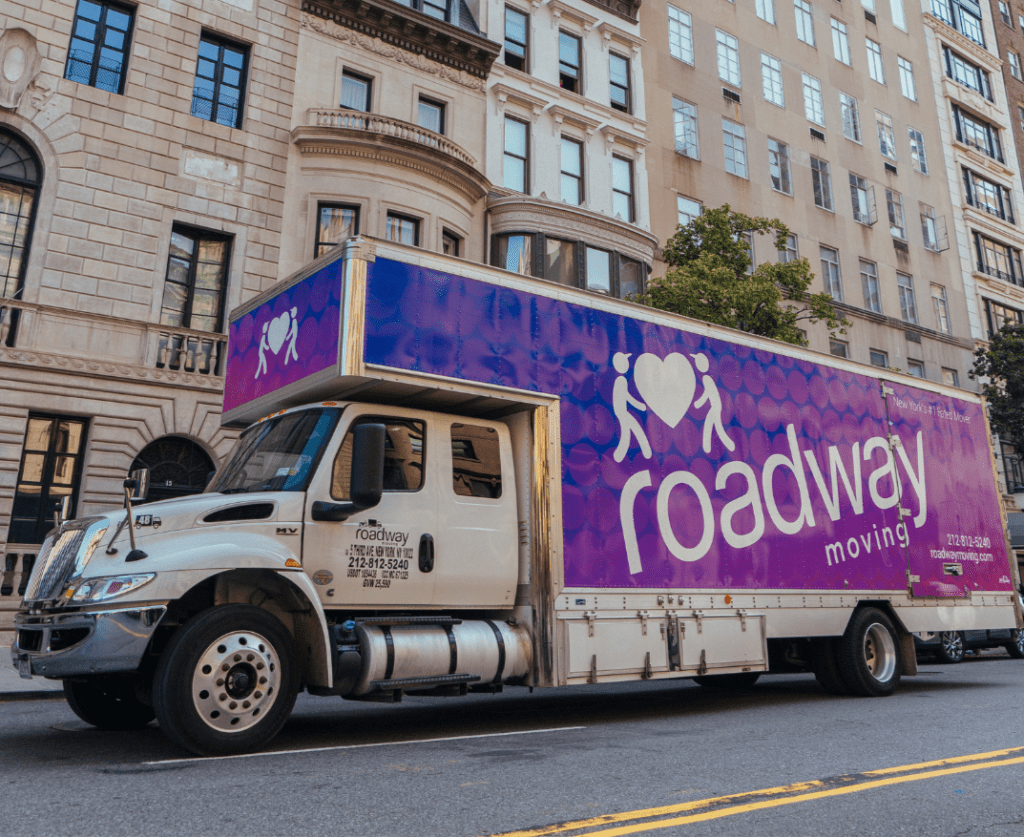
Ensure peace of mind: ask your building manager about COI requirements. Even if not mandatory, getting a COI protects you from financial risk.
At Roadway, we handle your COI needs and paperwork for a stress-free move.
Our COI comes with the move package and we do not charge for COI. Some NYC buildings may ask for additional endorsements that are not on a normal COI template.
In this case, movers will charge between $250-$1,000. Roadway will always cap endorsements at $250.
Your moving company shouldn’t charge a fee for a COI. Insurance companies don’t charge moving companies for a COI, so your mover shouldn’t charge you.
Obtain a paper and email copy and have your COI readily available in case your building manager requests it before the move.
Ensure COI coverage meets your building’s minimum requirements. COIs typically offer $1-2 million coverage per move.
Verify your building’s required amount and ensure your mover has equal or higher coverage. Commercial buildings may have higher requirements.
Moving soon? Get your quote today.
Looking for local or long-distance movers near you? As one of the best local and long-distance moving companies, we offer a wide range of services, including packing, unpacking, storage and more. Get a free quote today!
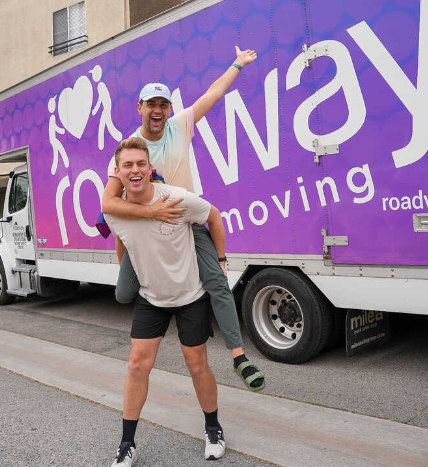



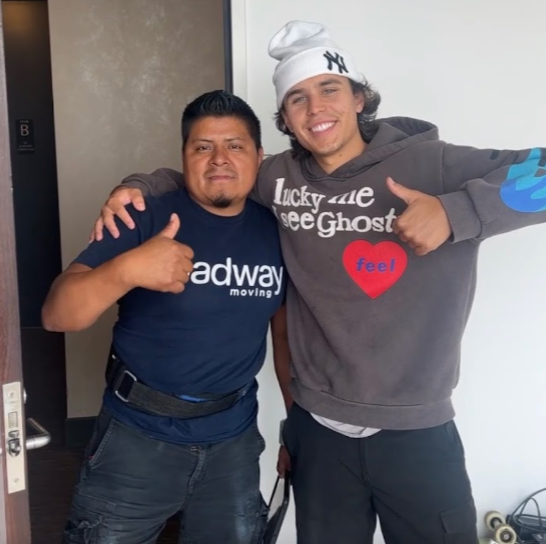

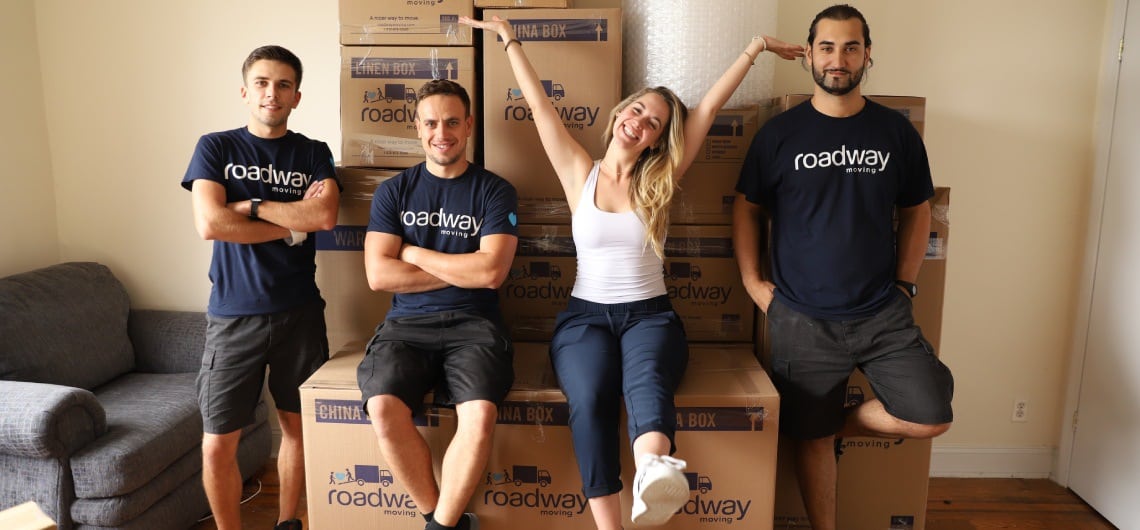

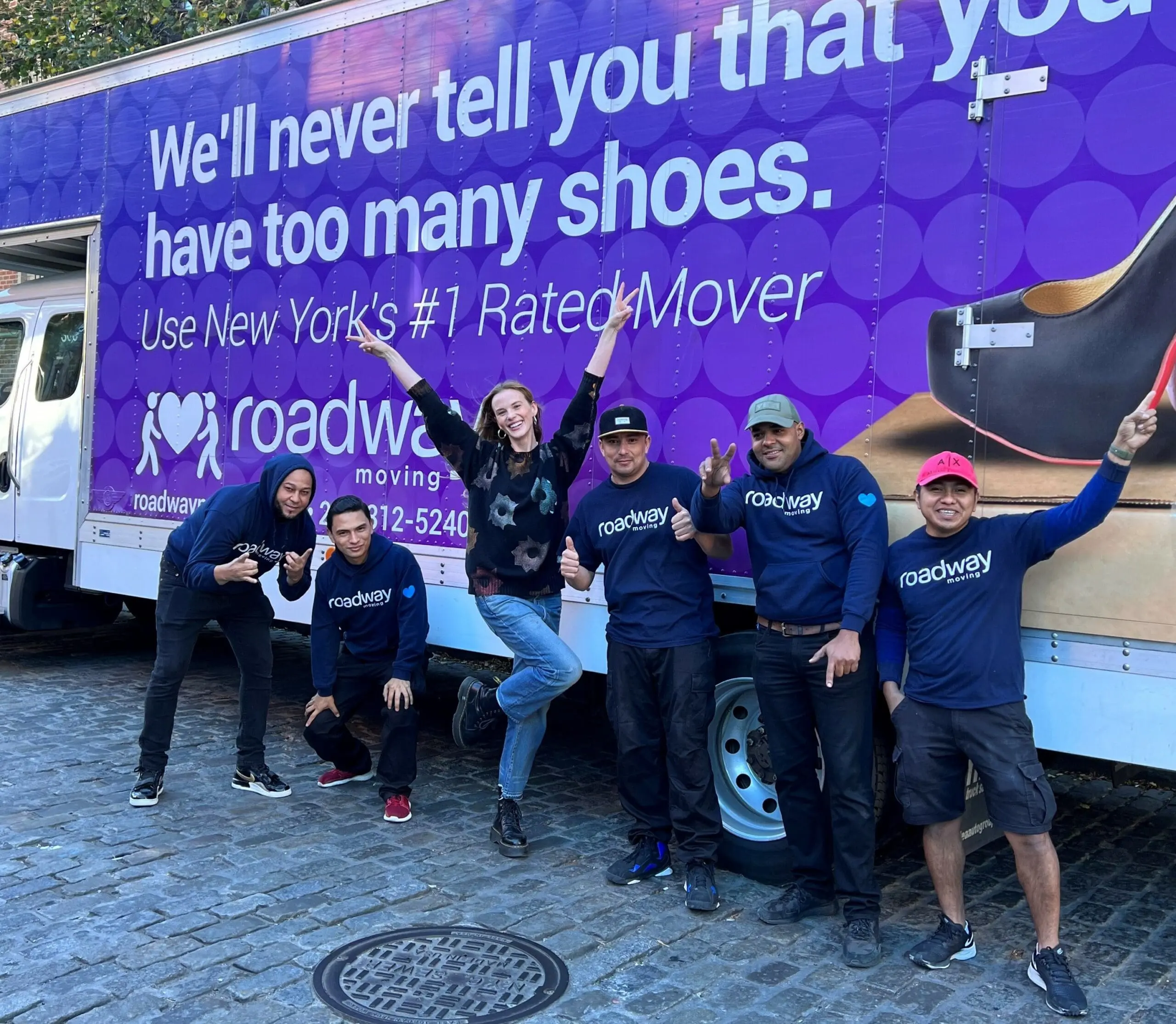
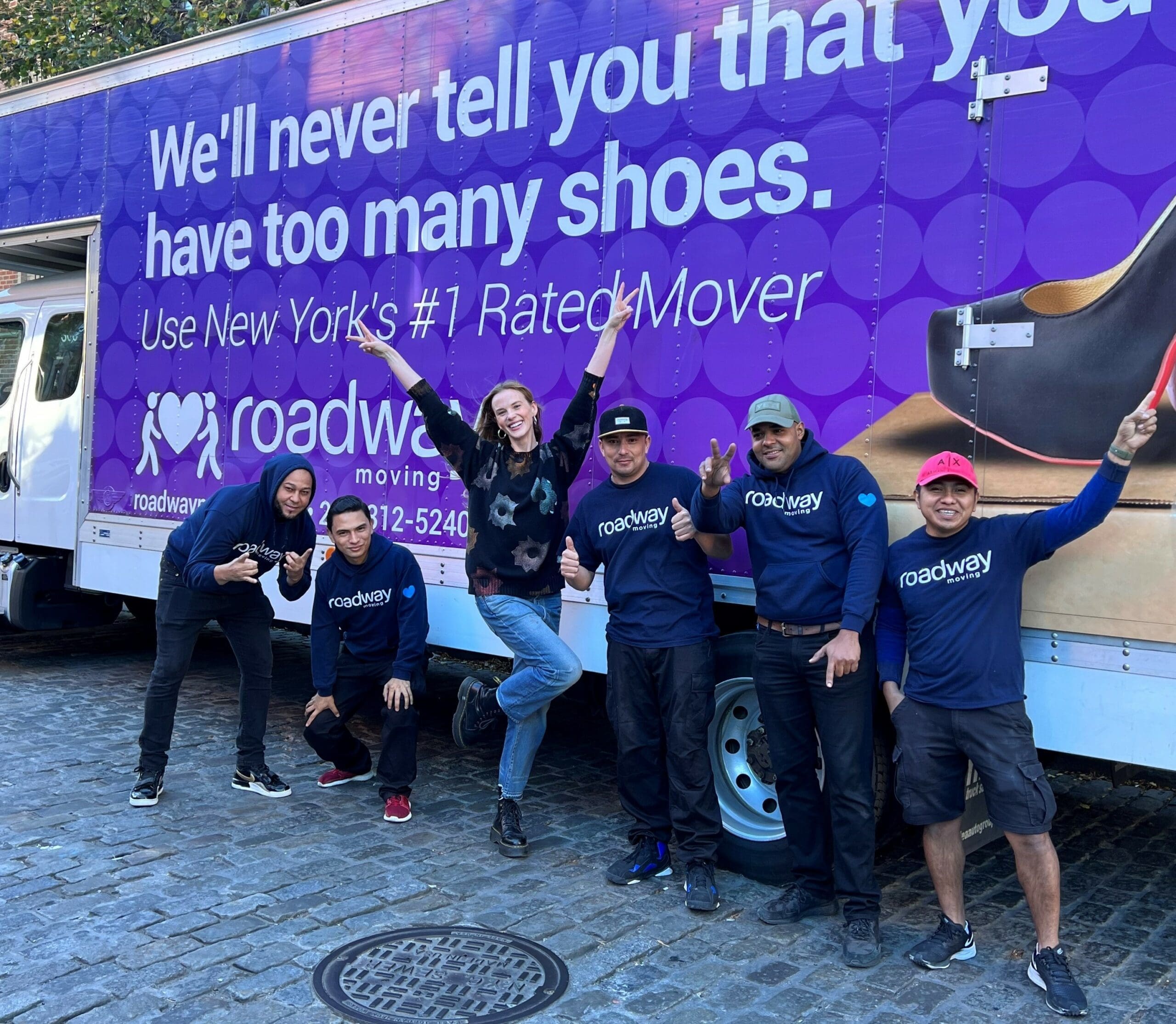
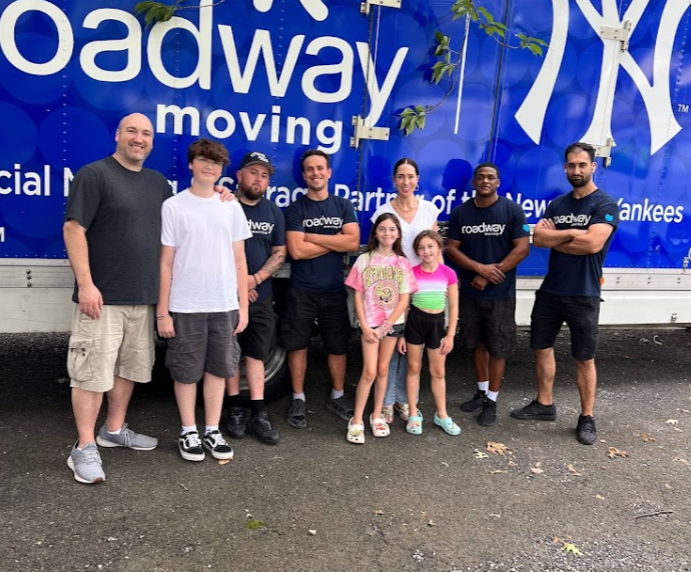

Roadway Moving Services
Feel the love. Experience unmatched care in your next move.
At Roadway Moving, customers are royalty. We offer customizable full-service moves, ensuring you’re treated with ‘R-E-S-P-E-C-T,’ tailored to your needs and budget.
Discover our superior white glove moving and storage services.
Whether residential or commercial, our comprehensive solutions ensure a seamless and secure experience tailored to your unique needs.
Apartment Moving
Experience hassle-free local and long distance moves with our reliable and efficient services. Trust us for a seamless transition to your new destination.
Interstate Moving
Seamless cross-state moves tailored to your needs, providing peace of mind as we transport your belongings to a new horizon.
Packing & Unpacking
We offer professional assistance to efficiently pack and unpack your belongings, ensuring a joyful and stress-free moving experience.
Storage Solutions
Secure your belongings with our flexible storage solutions. We offer climate-controlled short-term and long-term options for residential and commercial moves.
Services that will make you love moving
Feel like a VIP with moving services that keep you worry-free.
Beyond moving: our additional services for a seamless experience from start to finish.

Packing & Unpacking
We can securely wrap, box or crate your items, then help you unpack when you get there.
Assembling & Disassembling
We take apart your furniture and put it back together quickly and efficiently.
Furniture Disposal
We can arrange for the recycling or removal of furniture you wish to discard.
COI Assistant
We provide a Certificate of Insurance (COI) for moving, verifying our insurance policy.
Here for you
A nicer way to move.
A friendly staff, fair prices and clear communication are just a few of the ways we will make your experience amazing.
Quick Links
Stay informed
Be prepared for your move with our essential tips and guides, including helpful advice on how to appropriately tip your movers.
